Humans
-
 Health & Medicine
Health & MedicineStress for success
Stress and anxiety can lead to serious mental and behavioral problems. Identifying stressors can help people cope with anxiety. Even better, viewing stress as a strength can tone down anxious feelings and boost productivity.
-
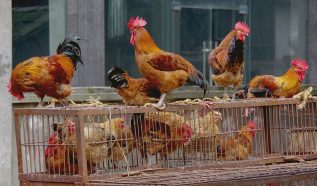 Health & Medicine
Health & MedicineChickens spread latest deadly bird flu
A new bird flu virus threatens to spread outside of China. Experts traced the germ to markets where live chickens are sold.
-
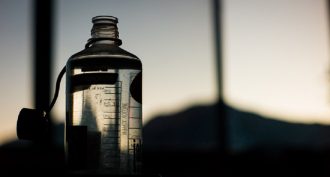 Environment
EnvironmentReplacement ‘plastic’ may be as risky as BPA
Bisphenol chemicals are the basic building block of many common plastics. Some governments have banned BPA from baby bottles. But mounting evidence suggests that its replacement, BPS, may be no safer.
By Beth Mole -
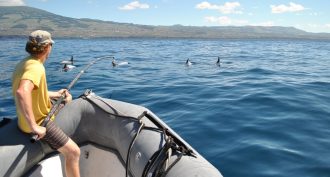 Animals
AnimalsThe social lives of whales
New tools are giving scientists an unprecedented glimpse into the behaviors of whales and dolphins. And these new data are upending long-held assumptions.
By Eric Wagner -
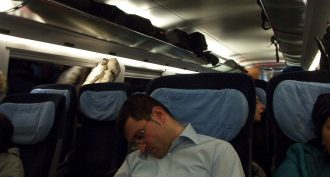 Health & Medicine
Health & MedicineScientists Say: Circadian
We often feel the pull of sleep when the sun goes down. Light and our own biology put us into a regular, 24-hour rhythm that has its own word.
-
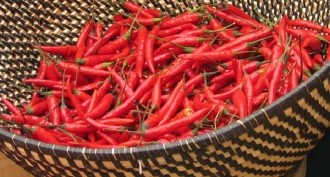 Health & Medicine
Health & MedicineHow hot peppers can soothe pain
Peppers can burn the tongue, but soothe sore tissues. Scientists have now sleuthed out how, and the answer shows a role for stretch sensors on cells.
-
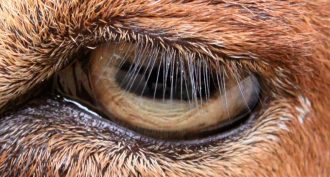 Physics
PhysicsEyelashes: The ‘sweet’ length
New mathematical and aerodynamics studies find what seems to be the optimal length for eyelashes — the length that protects best. And surprise: Longer is not always better.
By Susan Milius -
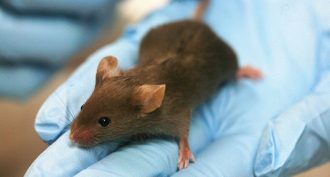 Health & Medicine
Health & MedicineMice can teach us about human disease
Humans and mice look and act very differently. But 85 to 90 percent of their genes are the same or quite similar. So an international group of scientists is deciphering the instructions in mouse genes to help us better understand our own.
-
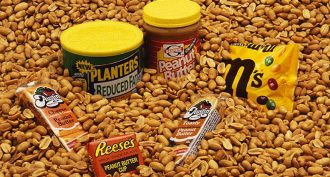 Health & Medicine
Health & MedicinePeanuts for baby: A way to avoid peanut allergy?
Making peanut products a baby food could head off life-threatening peanut allergies later, new data show.
By Nathan Seppa -
 Psychology
PsychologyScientists Say: Pareidolia
We often see things that aren’t there, such as bunnies in clouds or faces in toast. They aren’t real, but they do have a special name
-
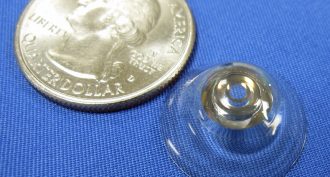 Health & Medicine
Health & MedicineVision-ary high tech
New devices are being developed to improve, restore or preserve the vision of people with eye diseases, such as glaucoma and macular degeneration. One device is a telescopic contact lens than can be zoomed with a wink.
By Sid Perkins -
 Health & Medicine
Health & MedicineThe steady creep of less sleep
More than half of all teens 15 and older get less than seven hours of sleep, according to a new study. That is two to three hours less than recommended. Overall, teens are sleeping less with each passing year, data show.